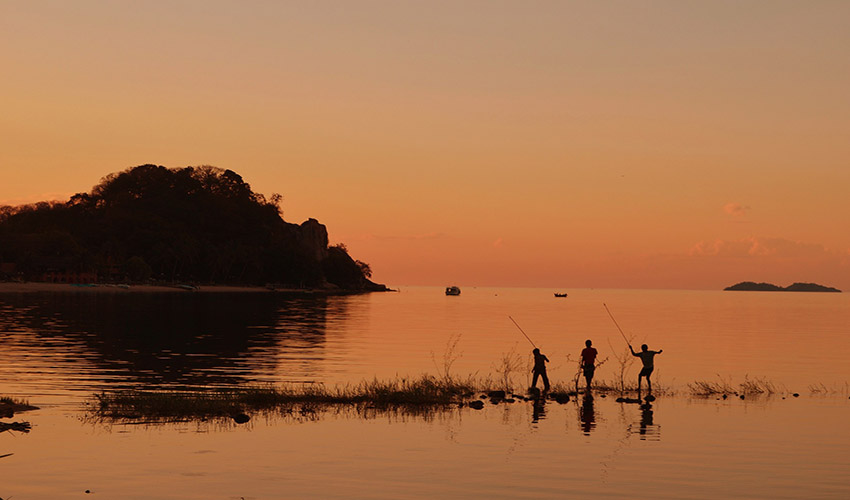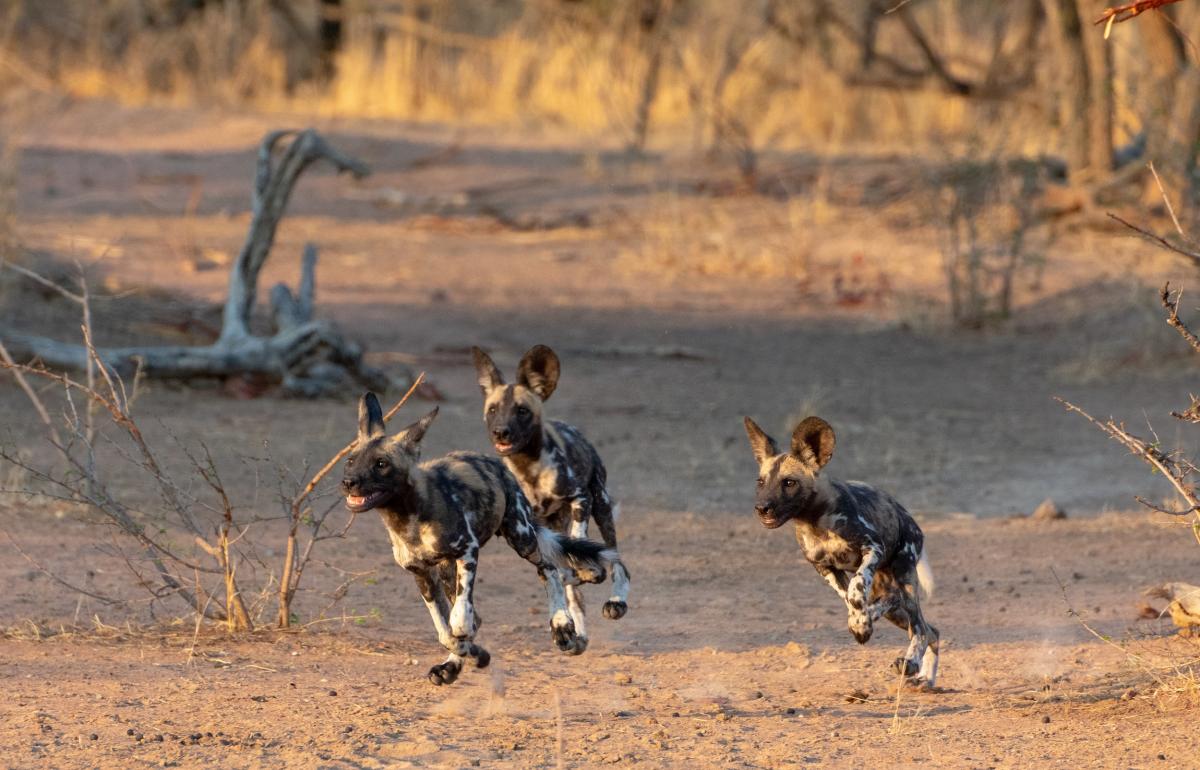IUCN Acting Director General's Statement for World Environment Day
This year’s World Environment Day is like no other. As the COVID-19 pandemic continues to sweep across the planet, impacting millions of people, governments are rightly focusing on their emergency responses. Yet looking forward, humanity must recognise more than ever the crucial link between a healthy planet and healthy people.
Indeed, healing from this crisis presents us with the opportunity to restore the planet’s resilience by helping biodiversity recover. COVID-19 has thrust a transformational change on the world, merely months after the Intergovernmental Panel on Biodiversity and Ecosystem Services (IPBES) concluded that transformative changes across social, political, economic and technological spheres would be necessary to meet conservation and sustainability goals. We cannot afford to miss the momentum created by the changes now taking place to decisively tackle biodiversity loss, and the related climate change crisis.
We must safeguard the variety of life on Earth, from the plants and animals that are sources of food, medicine and fuel, to those that regulate our climate, filter our water, nourish our soils and keep us safe and healthy. What we have been doing so far is not enough, this much is clear. It is time to act, it is time to make peace with nature, and it is time to treat nature as a respected ally in our pursuit of inclusive human development. Only by transforming our behaviour can we ensure that both nature and people thrive.
The need for coordinated global action to conserve biodiversity has never been greater, as we are reminded by the theme of World Environment Day 2020. Around the world, species are going extinct 1,000 times faster than the natural rate. More than a quarter of all species on the IUCN Red List of Threatened Species™ are now in danger of extinction, with at least 12.5% of these directly affected by climate change. But we know that conservation works, and this brings us hope to reverse these trends. Through concerted action to protect wild animals, fungi and plants, we can assist the recovery of depleted wildlife populations and degraded habitats, and maintain the integrity of natural areas. Through nature-based solutions, combined with ambitious cuts in emissions, we can address climate change and biodiversity loss.
Over past decades, we humans have battered and exploited natural areas at an alarming pace and with a seemingly fatal disregard for our own health, and the health of our planet. The loss, fragmentation and degradation of the land, freshwater and sea areas that are home to wild species have increased contact between humans and wildlife. This has led to a range of environmental impacts that are extremely harmful to people, including the spread of diseases.
This pandemic has further demonstrated the close link between nature and human health, showing us that now is the time for collective and individual action to stop biodiversity loss and climate change. This is an opportunity for governments, civil society and the private sector to lead the transformational change that will secure a healthy planet for healthy people. Key to this will be approving a Post-2020 Global Biodiversity Framework that realises the 2050 Vision of “Living in Harmony with Nature”.
With the reported links between the decline and use of biodiversity and the emergence of COVID-19, it is imperative that the world emerges from the current pandemic with a commitment to nature that is fitting to the next generation. By channelling recovery funds towards a low-carbon economy that respects and conserves biodiversity, we can shape a world in which both people and nature thrive. Transformative change is not just possible – it is the only choice we have that will ensure a sustainable future.






